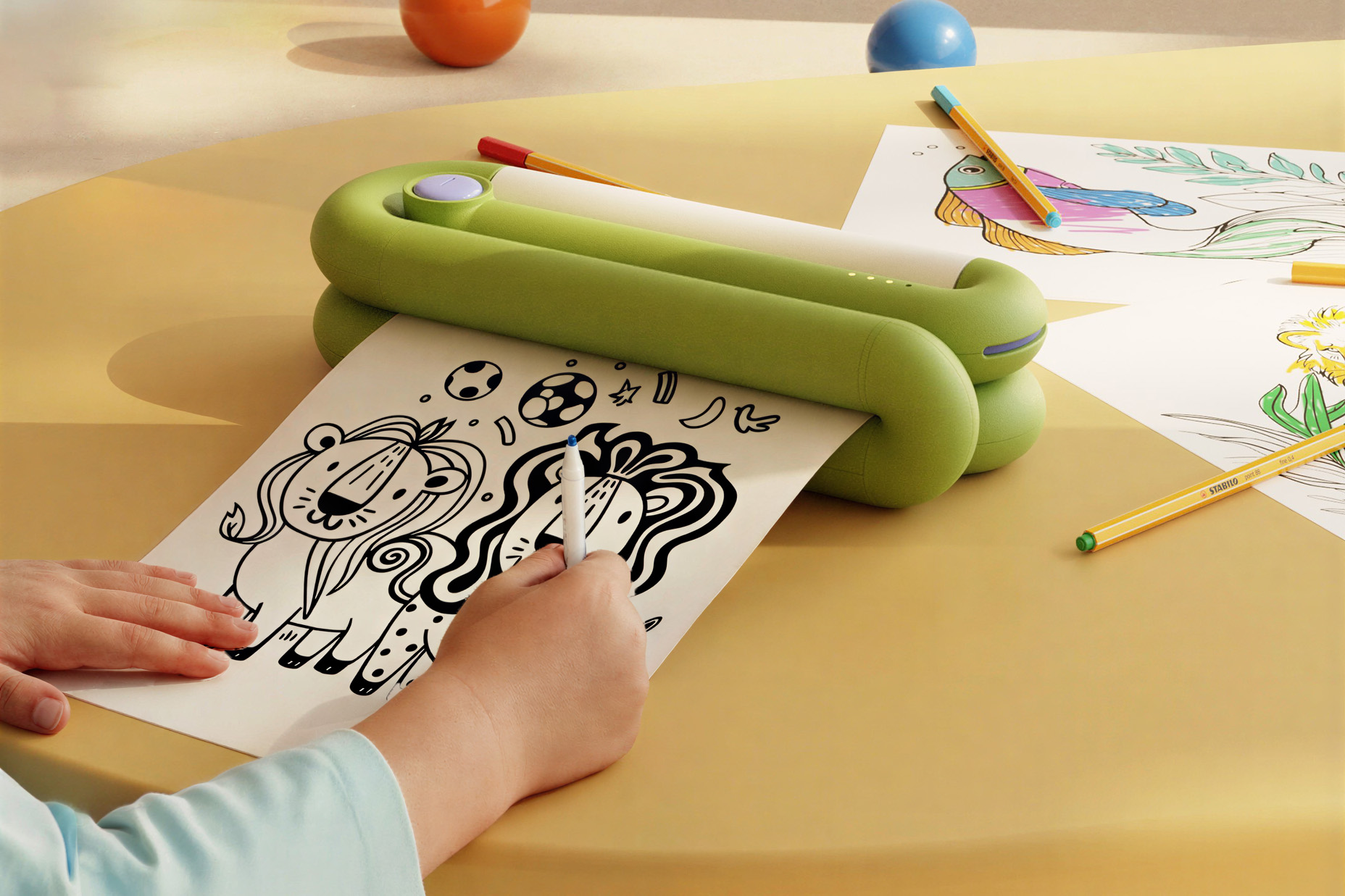4 things a week: the end of ChatGPT?
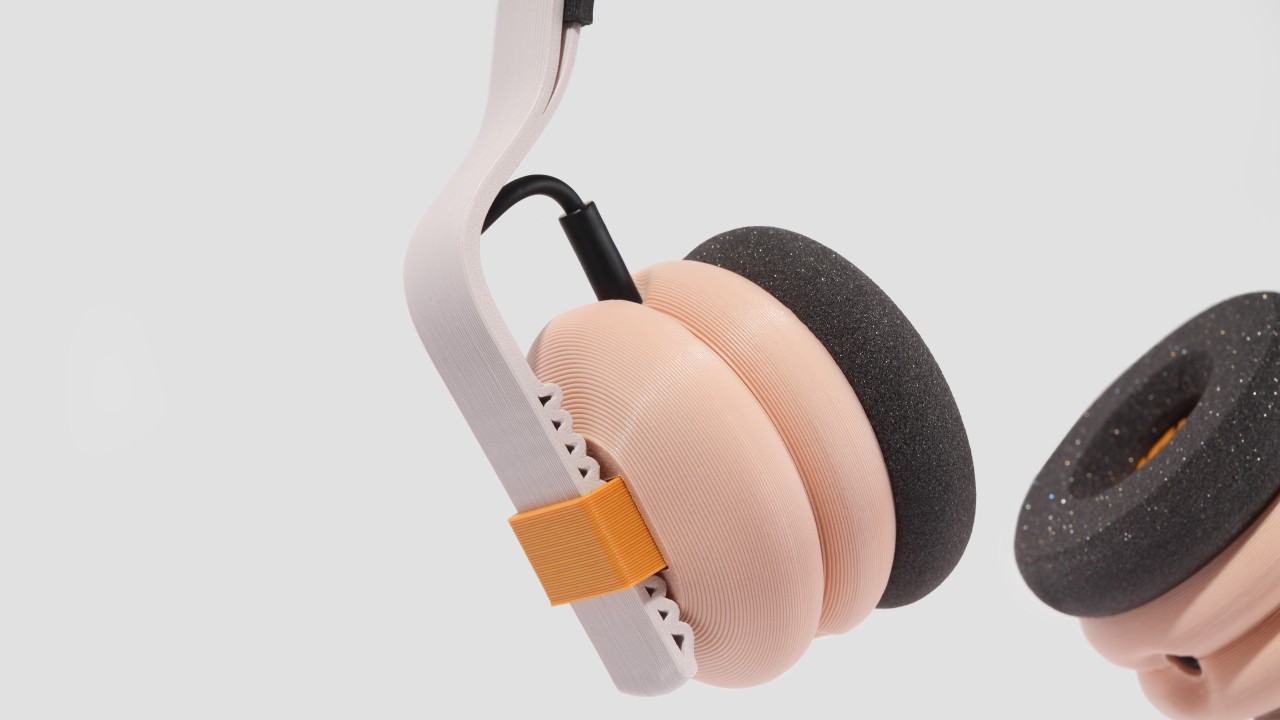
A thoughtful week this week, so it's mostly. a brain dump of my thoughts. I'd love to know yours on these topics too.
1. World
Over the past month something has been niggling at me about the World Design Congress hosted by the Design Council in September.
Most people came up on stage and did one of two things - 1) showcased their own work, intending to inspire with a little back patting thrown in, or 2) talk about what we can do to change things and make them better and why we aren’t doing enough of it yet.
What there wasn’t much of, was a focus on the fact that actually - the planet is really suffering. And that’s why Indy Johar’s talk really stood out. He hammered home that we are on track for 3 degrees global warming in the next 70 years - meaning a temperature increase on land of more like 4.5-6 degrees - and this is going to cause unimaginable global challenges that we aren't doing enough to prepare for. At lunch afterwards the audience seemed quite split on his almost berating speech, with many feeling that it was all a bit negative and he could have offered some solutions to all the problems he presented.
But that’s the point - this isn’t something we can 'solve'. Global warming has reached irreversible levels. Of course, we must continue doing all we can to mitigate further damage. Every percentage of a degree of warming prevented is lives saved and biodiversity maintained. But it struck me that amongst the discourse around reduction, mitigation, regeneration, there was little discussion on resilience.
If we are going to face unimaginable change as planetary boundaries are crossed one by one, they we need to prepare ourselves. Solar panels and electric vehicles are absolutely necessary, but how do we design for mass migration, reduced national populations, political instability, increased cost of living due to resource depletion and extreme weather induced food shortages.
We need to do more to consider the consequences of this future. We need to reframe the future audiences of our products and services, the context in which they will be used, the world as it will become in the next decade and the one after that. And we should be talking more about resilience. How do we design for joy and hope? How do we design for grief and loss? How do we design for care and community? There were the conversations I felt there should have been more of at the World Design Congress. But I’d love to hear your thoughts.
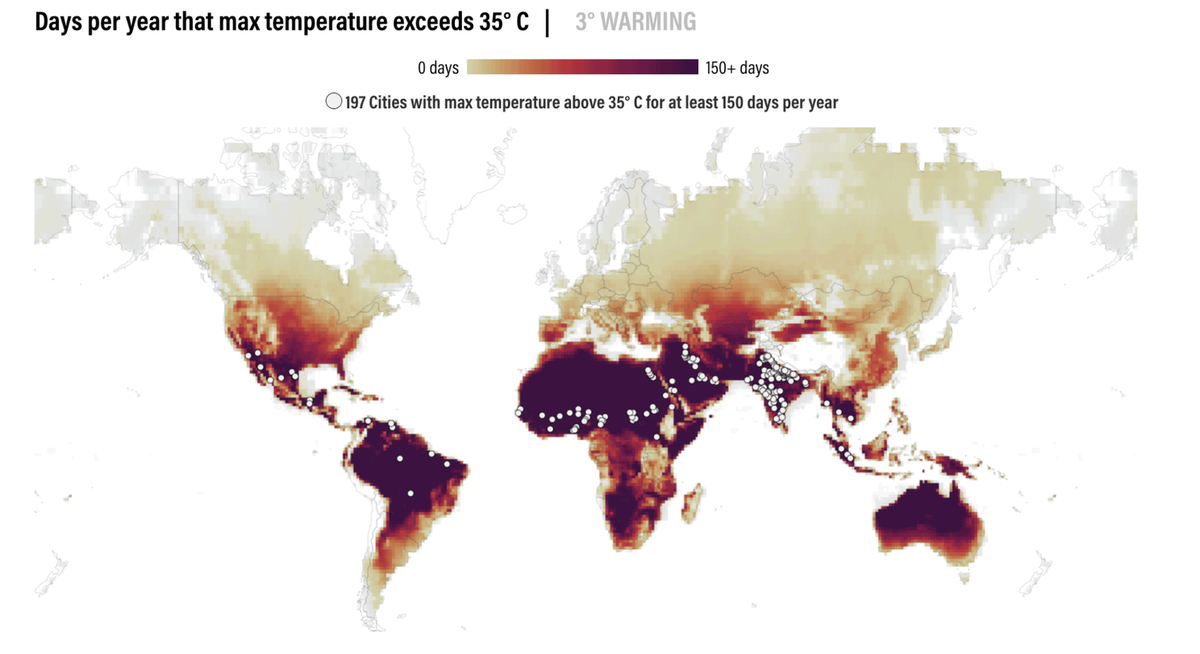
2. Innovation
I’m surprised that more people aren’t talking about the addition of ‘Instant Checkout’ to ChatGPT. OK, it’s not a feature in the UK yet, but you can imagine what it is: you ask for recommendations for the best non-stick saucepan and it doesn’t just pull up recommendations based on it’s analysis of online reviews and information, but it will also enable you to ’buy now’ without leaving ChatGPT. For now OpenAI have stated that this feature will not influence the results e.g. they won’t rank the saucepan brands that have enabled the ‘buy now’ feature higher than those that haven’t, but for how long…
People put a huge amount of trust into the responses of AI chatbots such as ChatGPT, confiding in them things that they wouldn’t share even with their closest friends. And it already gives recommendations “would you like me to….” at the end of most of its responses intended to keep you engaged, keep you in the chat. But when revenue from in-chat sales becomes a motivating factor, how long before it’s suggesting “would you like to look at some at-home gym equipment available right now?” “Have you considered a home renovation? Would you like some inspiration?” “Sounds like you need a holiday, would you like to see the best deals on weekend getaways this month?” All with the intention of incentivising spending money you may not have on products you probably don’t need.
Say what you like to defend OpenAI and say that this isn’t there intention, but one day those investors are going to want a return on their investment and becoming the go-to global shopping channel is a very big money maker.
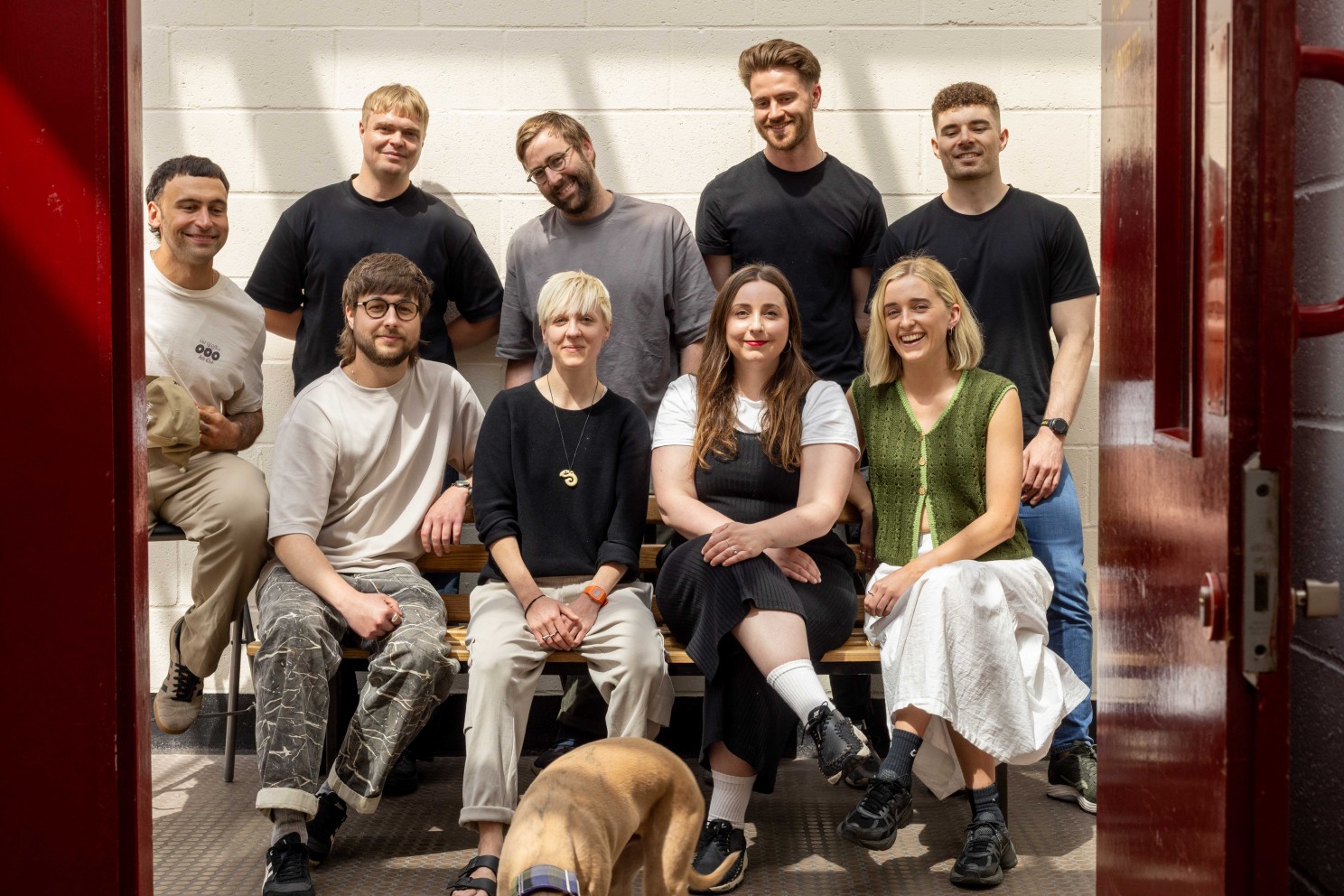
3. Morrama
We were incredibly excited this week to find out that we’ve been shortlisted for three awards at the Dezeen Awards this year. Two for our Kibu headphones in both the consumer product and sustainable product categories and myself personally for the Bentley Lighthouse award.
The Bentley Lighthouse award shortlist is a massive honour. Previous winners include Fernando Laposse who I have written about before for his incredible regeneration project Totomoxtle.
Being nominated for an award that you haven't put yourself forwards is a really strange feeling. To think that people sat in a room discussing you and your work is both weird and weirdly humbling. Ultimately however, it's not about me. In the past 10 years everything I've achieved has been a team effort. It's been the incredible work that the Morrama | Certified B Corp team has done, pushing the boundaries of sustainability and circularity with projects like Kibu, exploring the future of menopause or redefining a personal care market with our work for Wild, we are always pushing boundaries. And it's been the amazing group of humans that has come together to make Design Declares happen.
It's these people that constantly challenges me. Inspiring me to think bigger, seek out new ideas and critically review the world around us.
So, whatever the outcome, this nomination is for them.
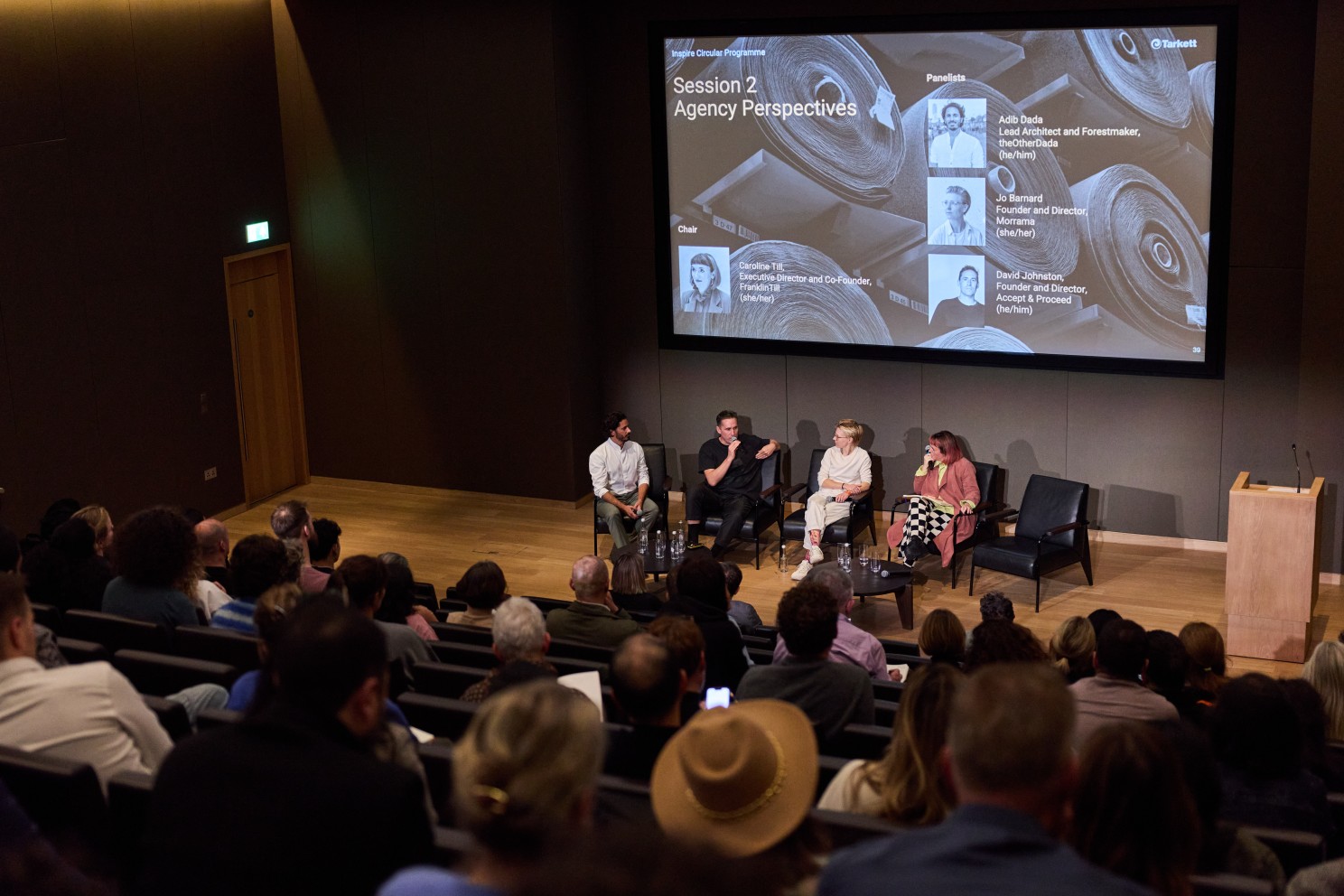
4. Inspiration
Speaking at an event hosted by FranklinTill on Tuesday called Inspire Circular alongside Caroline Till, David Johnston and Adib Dada and I was struck by something the Sophie Thomas OBE said - “I’ve been working in circularity before it was called circularity, back then it was called resource efficiency”.
Now I don’t know about you, but perhaps this is the problem with circularity. It tends to focus on bridging the gap, closing the loop. Selling this into a brand you are asking them to take more responsibility for the products and services they produce at the end of the life-cycle when they see very little value. This feels expensive and so ends up being driven solely by guilt or regulation.
If we focused instead on the inputs - the resources in, and sought to find efficiencies by, say, reducing a companies reliance on raw materials, then a really logical place to ‘mine’ for value is the products they have already made. By getting companies to stay looking at the beginning of the circle where they see the value, maybe we can encourage them to reach back and pull the end of the loop towards them all in the name of efficiency.
From this perspective circularity just has a language problem. Maybe that's really obvious, but it only just clicked into place for me this week.
Thats it for today.
If you want to join the conversations, email us to 4things@morrama.com.
My '4 things' will be back at the end of next week.
Jo, and the Team x



